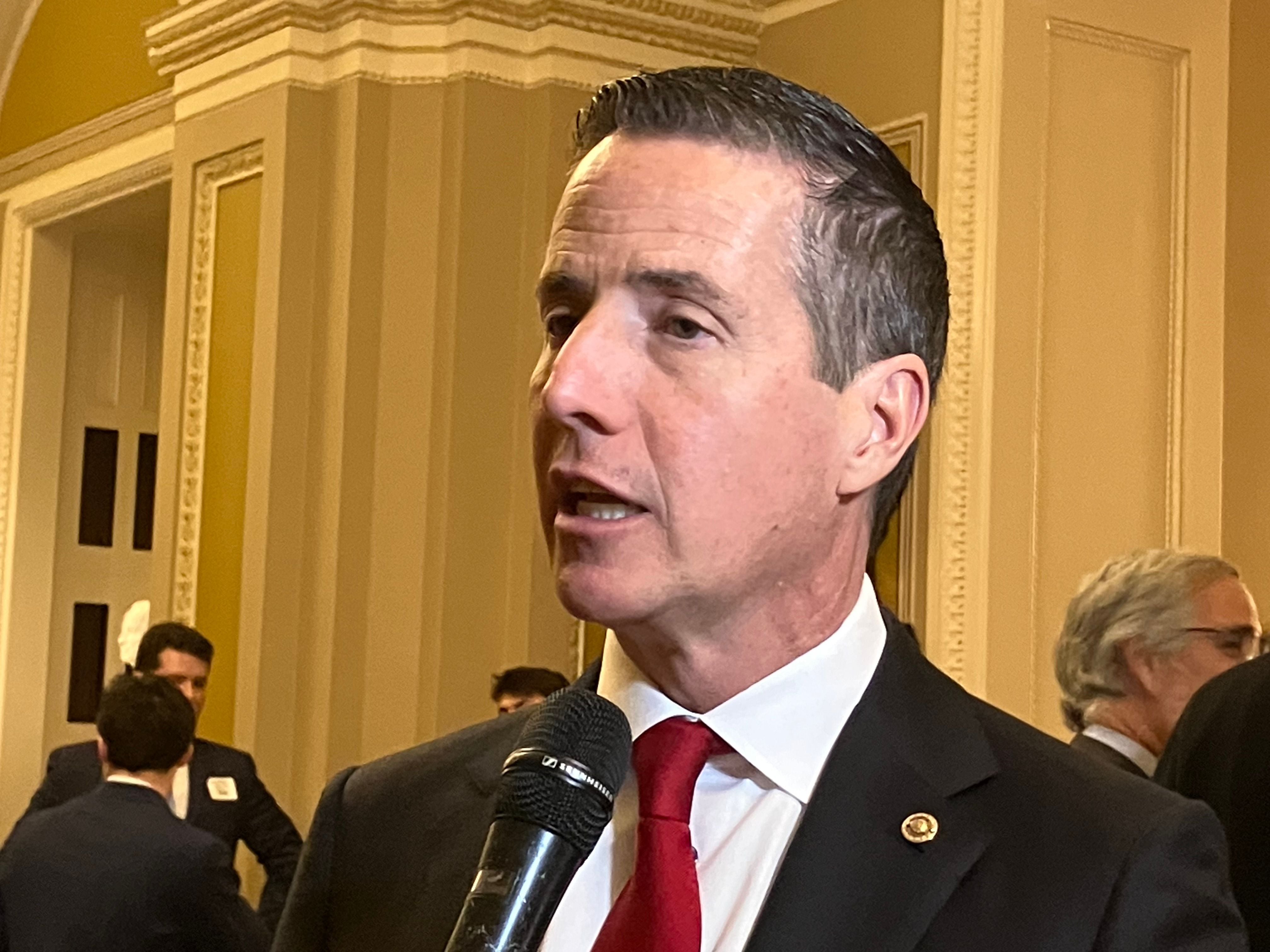With the 2024 filing season right around the corner, the IRS is alerting tax professionals about a new round of email schemes in which cybercriminals pose as potential clients looking for tax help.
Previously, the IRS has seen a surge in these “new client” scams during tax season where identity thieves target accounting and tax preparation firms with fake emails. In these scams, fraudsters pretend to be actual taxpayers seeking help with their taxes and use emails to try to obtain sensitive information or gain access to tax professionals’ client data.
“These intricate email scams pose a real risk to tax professionals and the taxpayers they represent,” IRS Commissioner Danny Werfel said in a statement on Jan. 9. “Cybercriminals try to capitalize on tax season by masquerading as real taxpayers looking for help. What they really want to do is help themselves to the sensitive client data of tax professionals. We urge tax professionals and their employees to be extra cautious when receiving unexpected email solicitations and avoid clicking on links or opening attachments.”
The objective of the new client email scam is to steal sensitive personal information that will allow fraudsters to prepare authentic-looking tax returns to collect a refund—or use it to commit other types of fraud.
The IRS provided an example of what the current new client scam looks like:
Subject: 2024 Tax Submission
Hello,
My name is (name can vary), I am searching for another CPA to help handle my taxes.
Is it safe to say that you are accepting new clients for the 2024 tax season? Do you additionally assist with IRS representation?
I figured I may have an issue with last year’s return. (Click) HERE TO VIEW MY CREDENTIAL [Link to a phishing web address]
Upon your approval, we can arrange a physical or virtual meeting to discuss my situation and also provide my tax documents amongst others.
Kindly prompt how you plan to push ahead.
Best Regards,
(Name varies)
New client scammers often try a direct approach by sending an email asking the tax professional to help them with their taxes where the phishing email contains a malicious link or attachment, or the scammer might take a more cautious approach by sending an initial email asking if the tax professional is seeking new clients. When the tax professional responds to the initial email, the scammer sends a second email that will then contain a malicious link or attachment, according to the IRS.
During this process, the tax professional may think they are downloading a potential client’s tax information or accessing a site with the potential client’s tax information. Cybercriminals can then collect the preparer’s email address, password, and possibly other information—or load malware onto the tax professional’s computer to gain system access.
In one of the latest examples seen by the IRS, the new client scam features several red flags that should raise questions about the legitimacy of the email. This includes awkwardly phrased sentences and odd word usage. However, with access to a stolen email account, scammers can find a legitimate email from a previous victim’s email account between the victim and their tax preparer. This email might have no grammatical or spelling mistakes and could reference what seems to be legitimate tax issues, which is then repurposed as part of the new client phishing scam. The subject line will often reference the current tax season and the underlying message will amount to the sender needing someone to “help prepare their taxes.”
In some cases, new client phishing emails may appear to come from a legitimate sender or organization—perhaps even a friend or colleague—because their friend or colleague had their email account credentials stolen. The IRS recommends that tax professionals set up two-factor or multifactor authentication with their email provider to reduce the risk of having their email account compromised.
Posing as a trusted organization or friend remains a common way to target individuals and tax preparers for a variety of scams, according to the IRS. Individuals should verify the identity of the sender by using another communication method, such as calling a number they independently know to be accurate, not the number provided in the email or text.
Last year, the IRS received hundreds of reports at phishing@irs.gov of the new client scam. The new client scam made up roughly two-thirds of the 400 reports of business email compromise or business email spoofing complaints that the IRS received.
Given the mass production of these messages by cybercriminals, the number of actual spearphishing emails sent to tax professionals associated with these campaigns likely runs into the thousands with the goal to reach tens of thousands of preparers operating across the country, the IRS said.
Thanks for reading CPA Practice Advisor!
Subscribe Already registered? Log In
Need more information? Read the FAQs
Tags: IRS, Security, Taxes, Technology




